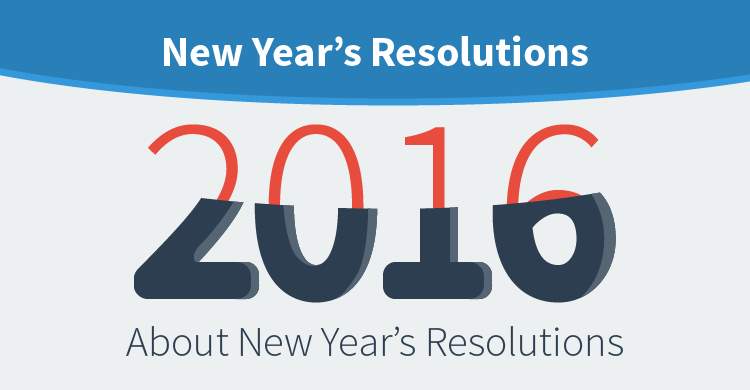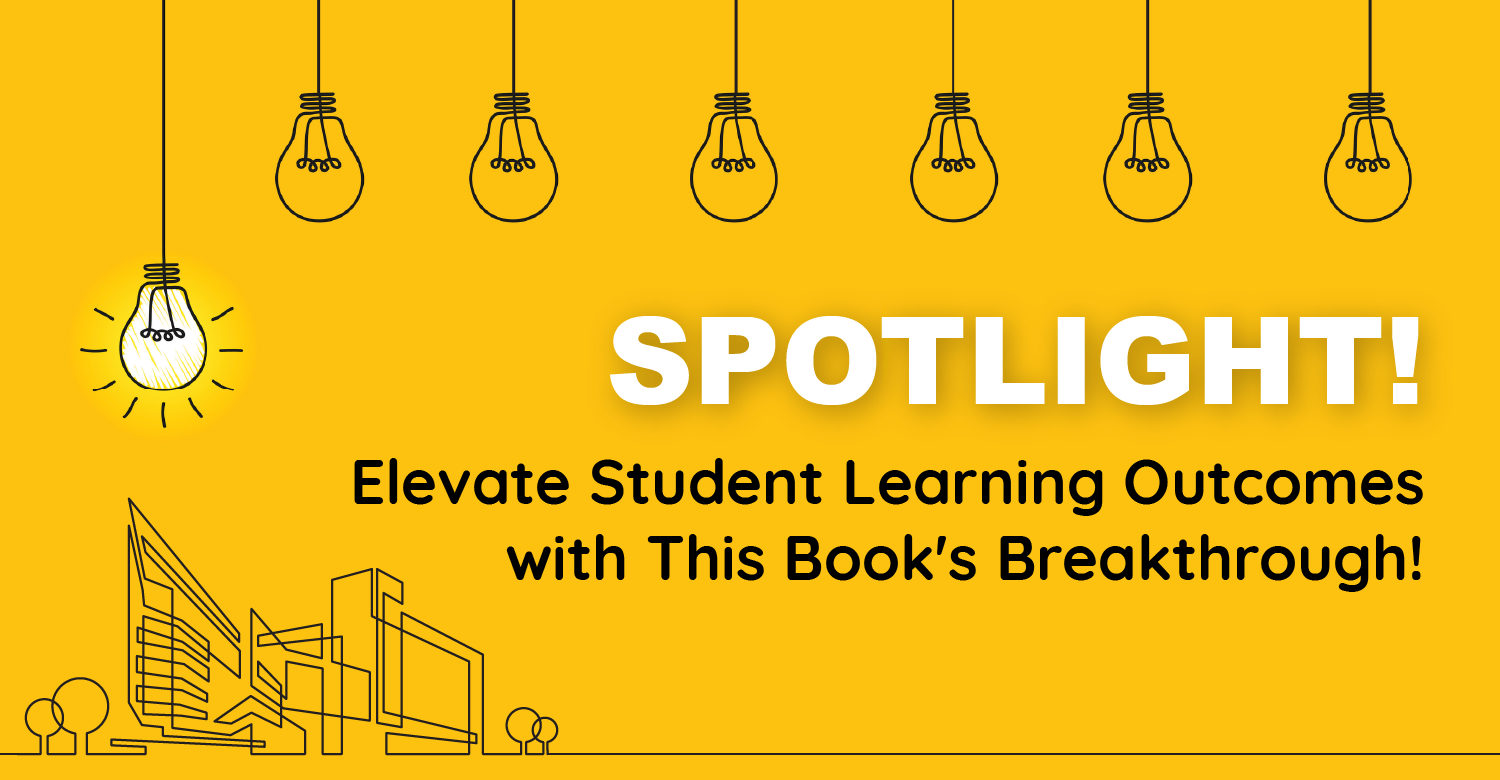As we greet another turn of the calendar, we embark on two time-honored traditions: setting New Year’s resolutions and breaking them. On January 1, we resolve to lose weight. By Super Bowl Sunday, we will feast on meat-lovers pizza with cheese-infused crust, washed down with a gallon or two of anything-but-lite beer, and—burp!—please pass the deep-fried artichokes (they’re vegetables, right?), chicken wings, and Twinkies.
Educators face an even more daunting chasm between good intentions and reality. On January 1, we resolve to focus on the “main thing” and, within only a few weeks, we are overwhelmed with the reality of well-intentioned but ultimately futile and destructive initiatives. Just as no hosts serve a Super Bowl smorgasbord intending to clog the arteries of their guests, no educational leaders deliberately undermines their effectiveness with too many initiatives. The seventh literacy initiative, like the seventh appetizer, looks so good when viewed in isolation, but when added to the previous six, the only impact is bloat and weariness. Here are some New Year’s Resolutions about New Year’s Resolutions:
- I resolve to have no more than six priorities for the New Year. No matter how attractive, novel, and popular the shiny new initiatives of the new year may be, I will decline these golden opportunities unless I explicitly and publicly cancel a current initiative. My study of more than two thousand school plans revealed that schools and educational systems with more than six priorities lose their focus and face stark declines in student results.
- I resolve to have a personal scorecard for my progress including every priority and to share my results publicly. If I become embarrassed that I’m not making progress, then either I refocus my time to get my priorities accomplished or I publicly withdraw that priority from my list. I will share my scorecard at least once a month with a coach, colleague, or trusted friend, because I know that personal accountability is a key to the successful achievement of goals.
- I resolve never to burden my colleagues with an additional priority unless I publicly and clearly remove one of their previous priorities.
- I resolve to evaluate the impacts—both good and bad—of my actions in pursuit of my priorities. I will celebrate the wins and take responsibility for the losses, knowing that failures can be the source of learning only if we discuss them openly and candidly.
- I resolve to cancel—right now—at least one meeting, lesson, or activity that had been planned for this year. I know that some of them will be cancelled anyway, so I’m going to plan in advance what to cancel in order to give me the space and time that I need to focus on what’s most important.
- I resolve to be gentle with myself for my inevitable shortcomings. Just as all-consuming guilt over that extra slice of pizza never leads to long-term weight loss, so also the incessant self-flagellation that educators engage in every year over missed opportunities and failed initiatives leads only to emotional exhaustion, not improved performance. If we want our students to be resilient in the face of failure, then we must model that behavior.
Six resolutions—that sounds about right. Enough to be challenging, but not too many that I lose focus. Happy New Year!
[author_bio id=”108″]






